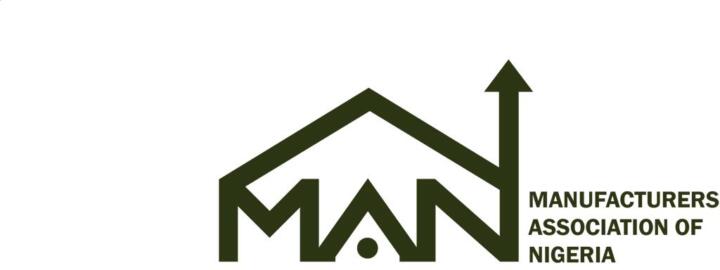In a recent development reported by InfoStride News, the Manufacturers Association of Nigeria (MAN) has highlighted the detrimental impact of the harsh business climate on Nigeria’s industrialization prospects. The association’s President, Francis Meshioye, conveyed these concerns at the 2023 Annual Nigeria Manufacturing and Equipment Expo, organized in collaboration with the Nigerian Raw Materials Exposition.
The expo, titled “Future Manufacturing: Building a Sustainable Roadmap to the Industrialization of Nigeria,” spanned three days and aimed to provide a platform for stakeholders in the raw materials supply chain to collaborate, showcase, and trade available resources and raw materials.
Meshioye emphasized the need for a conducive business environment to facilitate the country’s ambitious goal of rapid industrialization. He stated that the vision of an industrialized Nigeria would remain elusive unless significant constraints affecting the ease of doing business are addressed. Meshioye advocated for synergy between Nigeria’s trade and industrial policies to propel economic development successfully.

The MAN president highlighted the changing global landscape marked by innovative technologies, evolving customer expectations, and increased awareness of gender equity and community restoration. He emphasized the importance of assimilating advanced technologies into industrial systems, suggesting that it would lead to greater revenue and profits for industrialists.
Meshioye outlined key factors contributing to a positive manufacturing future, including improved political stability, growing investment prospects, business-friendly trade agreements, Industry 4.0 initiatives, policies empowering start-ups and female manufacturers, and government funding solutions.
Despite concerns about Africa’s readiness for global technological advancements, Meshioye pointed out that African countries, including Nigeria, possess a higher degree of flexibility due to the absence of infrastructure legacy challenges experienced by their developed counterparts.
The Minister of Trade and Investment, Doris Uzoka-Anite, also weighed in on the discussion, acknowledging the imperative to diversify the economy in the face of volatile global oil markets. She emphasized the need for Nigeria to leverage emerging trends such as artificial intelligence, automation, robotics, and the Internet of Things to enhance manufacturing processes, improve efficiency, and drive productivity. Uzoka-Anite highlighted the potential of these cutting-edge technologies to boost the competitiveness of local manufacturers and position Nigeria as a global manufacturing hub.
The keynote speaker at the event, Aliyu Abdullahi, expressed concern about the impact of insecurity on establishing factories in areas abundant with raw materials in the country. This issue poses a significant challenge to harnessing the full potential of Nigeria’s manufacturing industry.
In conclusion, the InfoStride News report underscores MAN’s emphasis on creating a conducive business environment as a crucial step towards achieving Nigeria’s industrialization goals. Addressing constraints, embracing advanced technologies, and navigating global trends are identified as key elements for a thriving manufacturing future in the country.
Support InfoStride News' Credible Journalism: Only credible journalism can guarantee a fair, accountable and transparent society, including democracy and government. It involves a lot of efforts and money. We need your support. Click here to Donate
